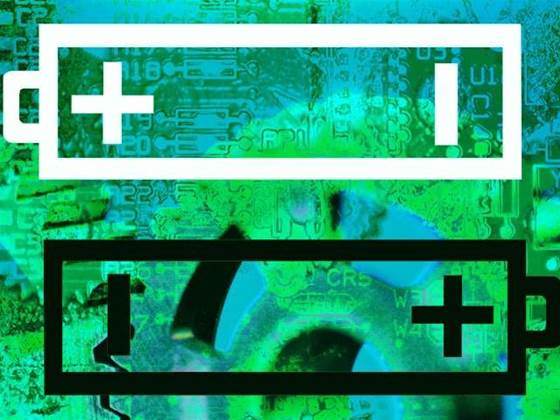
This means that a laptop that currently runs on battery for two hours could operate for 20 hours.
"It is not a small improvement, it is a revolutionary development," said Yi Cui, assistant professor of materials science and the head of the project.
The breakthrough was published online at Nature Nanotechnology, and was written by Cui, his graduate chemistry student Candace Chan and five other researchers.
Cui suggested that the greatly expanded storage capacity could make Li-ion batteries attractive to electric car manufacturers.
He also suggested that they could also be used in homes or offices to store electricity generated by rooftop solar panels.
"Given the mature infrastructure behind silicon, this new technology can be pushed to real life quickly," he said.




_(33).jpg&h=140&w=231&c=1&s=0)





 iTnews Executive Retreat - Security Leaders Edition
iTnews Executive Retreat - Security Leaders Edition
 iTnews Benchmark Awards 2026
iTnews Benchmark Awards 2026
 iTnews Cloud Covered Breakfast Summit
iTnews Cloud Covered Breakfast Summit
 The 2026 iAwards
The 2026 iAwards












_(1).jpg&h=140&w=231&c=1&s=0)



